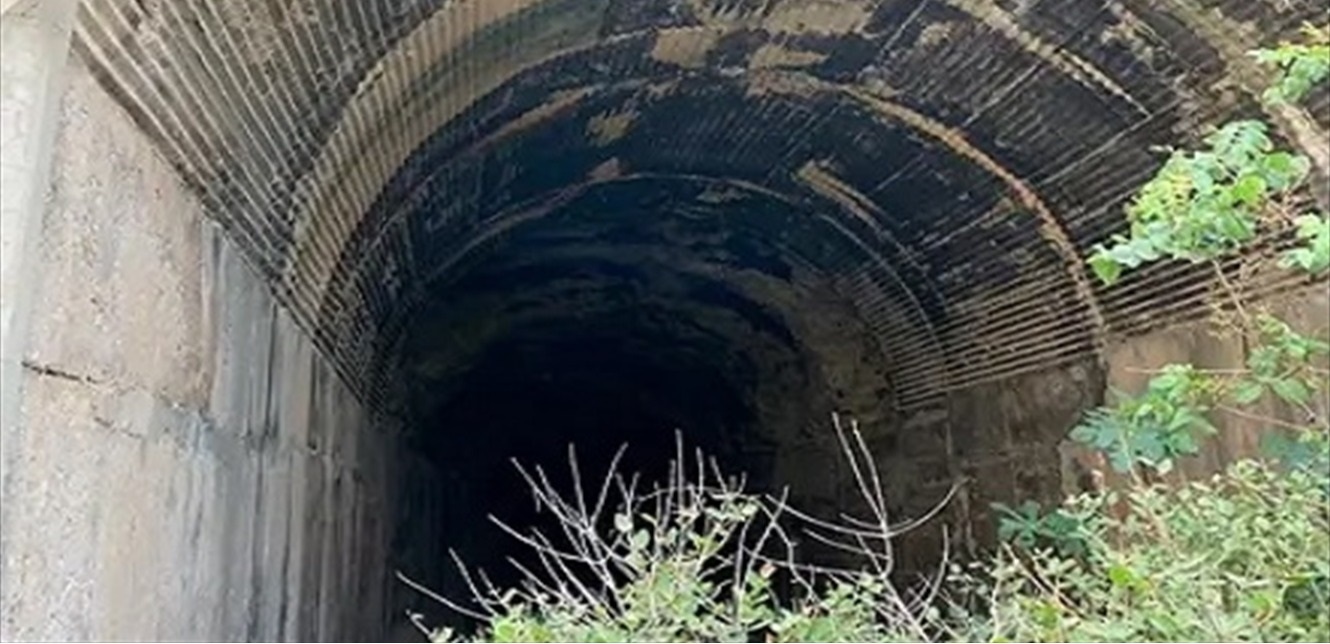#Qatar #begun #delay #gas #deliveries #Europe #Poland #buys #raw #material
Continuation of the crisis in the Red Sea. Attacks on merchant ships are carried out in the water area. They are admitted by the Houthi rebels in Yemen. In response to the attacks, some transport companies and exporters change routes or suspend services. The situation may escalate further as the United States and Great Britain begin to respond to rebel attacks. The countries carried out a second airstrike on Houthi positions this week. We wrote about the case in detail here.
The situation has already begun to affect the supply of raw materials from the Middle East to Europe, according to media reports. According to Bloomberg, some LNG deliveries from Qatar to our continent are delayed. – Qatar is delaying some gas deliveries to Europe as the conflict in the Red Sea forces travel times to extend, Bloomberg News reported on Wednesday, citing talks with people from trade institutions.
According to the news agency, the country has not limited export volumes, but some orders will arrive in Europe later than usual. Since January 15, Qatar has diverted at least six shipments destined for Europe around South Africa’s Cape of Good Hope, instead of the shorter route through the Red Sea and Suez Canal, according to ship tracking data compiled by Bloomberg.
LNG gas from Qatar is imported, among others, by Poland. Orlen has an agreement with the Qatari state-owned company QatarEnergy in this respect. We asked the Polish company whether it had any information about delays in deliveries from Qatar and whether potential delays could affect the supply and prices of raw materials in Poland.
“The contract between Orlen and QatarEnergy for LNG supplies operates in the DES formula, which means that the supplier is responsible for delivering the cargo to the terminal in Świnoujście within the agreed time,” the company reassures. “Orlen monitors the situation in the Red Sea on an ongoing basis and remains in constant contact with the contractor so that in the event of factors that may affect the timeliness of LNG deliveries to the terminal in Świnoujście, it can immediately take appropriate operational actions, such as adjusting the delivery schedule,” it added. message sent to Interia.
“However, we emphasize that despite the situation in the Red Sea, gas supplies to Polish customers are fully secured,” the company added.
Qatar is one of the world’s largest exporters of liquefied natural gas (LNG). Since the EU started to move away from imports from Russia, the importance of LNG exports from Qatar to Europe has also been growing. In the period from January to September 2023, the country was the second largest supplier of this fuel to the EU. However, problems in the Red Sea do not necessarily have an impact on the situation on the European gas market, at least not in a fundamental way – says Michał Stajniak, deputy director of the XTB Analysis Department.
– It should be remembered that currently for approximately 50 percent The United States is responsible for LNG gas to Europe and, what’s more, this share will most likely increase in the second half of 2024 with the launch of new export capacities in this country – says Stajniak.
According to the data, from January to September, the EU imported approximately 12.6 percent from Qatar. imported LNG – reports the Institute for Energy Economics and Financial Analysis. The United States accounted for approximately 44.9 percent. supplies. The third largest exporter was still Russia, from which the EU imported approximately 11.7%. purchased LNG. Liquefied gas also accounted for a smaller part of EU imports. As indicated by the European Commission, in 2023 LNG gas accounted for approximately 42%. import of raw materials in all forms. This means that LNG imports from Qatar account for several percent of all EU gas imports.
– Europe continues to benefit from gas supplies via the pipeline, primarily from Norway, but also from countries such as Algeria and Azerbaijan. Russia’s role has been marginalized, although gas from this country still reaches many European economies – adds Stajniak. – The gas that was supposed to reach Europe through the Suez Canal will eventually reach its final destination, although a bit later and a bit more expensive – also believes the XTB analyst.
As for exactly how much the “slightly more expensive” he was talking about may be, Michał Stajniak points out: – Gas prices remain slightly higher than before the entire period of turmoil related to the pandemic, the war in Ukraine and inflation, but it seems that given the current situation, we cannot talk about any probability of returning to prices of 100, 200 or even 300 euros per MWh.
NATURAL GAS
-
Max
2,32 -
Min
2,27 -
Rate of return – 1T
-20,21% -
Rate of return – 1M
-11,92% -
Rate of return – 3M
-31,23% -
Rate of return – 6M
-15,50% -
Rate of return – 1R
-25,16% -
Rate of return – 2R
-40,05%
According to him, global forecasts for the gas market currently indicate that the market will remain balanced. – New export capacity in the US will allow for an increase in exports, which will suppress prices in Europe and Asia to even lower levels. Currently, gas prices in Europe are below EUR 30 per MWh and are expected to remain at these levels until the beginning of autumn – says the deputy director of the XTB analysis department. – Theoretically, the market sees an increase to EUR 35/MWh for the winter, but in the second half of the year gas will flow to Europe in large streams, so it cannot be ruled out that prices will drop even below EUR 20/MWh.
Of course, further geopolitical tensions in the world may change this direction, notes Stajniak. – But looking at clean fundamentals and global trade, the direction seems to be downwards – he concludes.
Martyna Maciuch
Video
Gwiazdowski tells Interia. Episode 64: Have lawyers started considering themselves gods? INTERIA.PL

)






